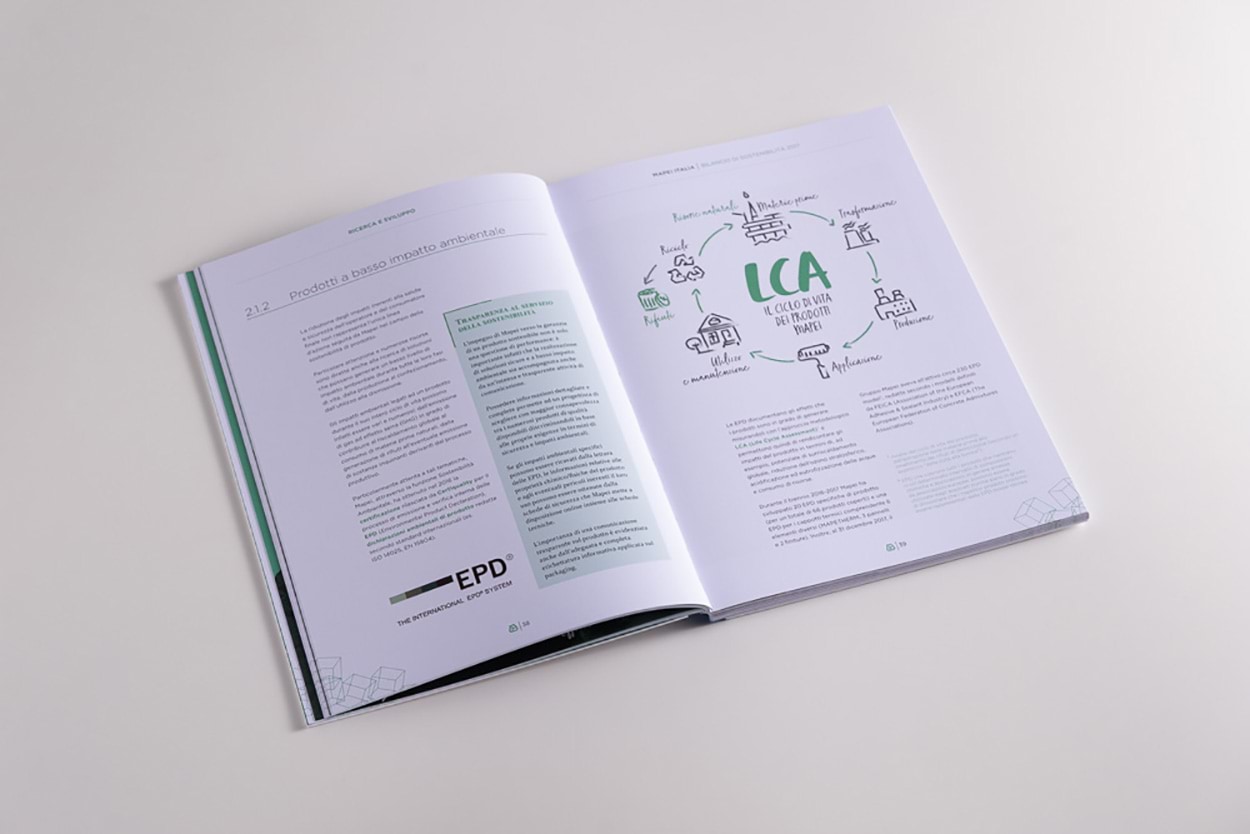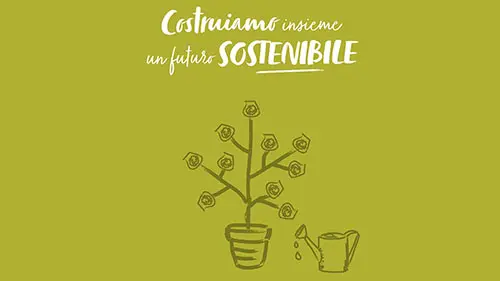2017 Sustainability Report
Sustainability at the focus of Mapei’s strategy - The 2017 Sustainability Report has now been published.
The 2017 Sustainability Report has now been published.
As Adriana Spazzoli recently pointed out, the Mapei Group’s Operational Marketing and Communication Director and President of the Sodalitas Foundation (the first association to promote business sustainability in Italy): “As regards sustainability and other corporate issues, if you do not let people know about your achievements, it is as if you had never achieved them”.
In accordance with this line of thinking, Mapei has always placed sustainability at the focus of its own manufacturing and business system. So, this year it has decided to carry on along the important path it first trod in 2017 by reporting on its sustainability in a truthful and transparent manner and informing people about the Group, its corporate values, and its performance on an environmental, social and economic level.
Providing the opportunity to fully comprehend what Mapei is all about based on the projects it has undertaken and the results it has achieved in the realm of sustainability, this document - drawn up in accordance with the GRI’s (Global Reporting Initiative) Sustainability Reporting Standards - spotlights the most important aspects of 2017 and the distinctive traits and operations of the Group’s Italian subsidiaries (CerCol SpA, Adesital SpA, Mosaico+ Srl, Polyglass SpA, Vaga Srl, Vinavil SpA).
The latter’s involvement in the realm of reporting is the most important novelty in this Report: businesses that share the parent company’s belief that stakeholders should be kept informed in an honest and transparent manner and that sustainability should be a key factor in a company’s business operations.
A clear and logical operating policy, bearing in mind that the Mapei Group’s international operations are centred in Milan, where the parent company’s headquarters are located. This is where Mapei S.p.A. coordinates, supports and guides its manufacturing plants, commercial and services companies and Research & Development centres located all over the world. Altogether the six Italian companies and Mapei S.p.A. employed a total of 2,111 staff on 31st December 2017, mainly working for the parent company (67% of all Italian staff).
HOW THE REPORT IS STRUCTURED
To guarantee continuity, this new document is structured in the same way as the old report, featuring four chapters devoted to the key ingredients of any winning Mapei recipe: Research and Development, an efficient manufacturing system, investment in its own staff and a focus on the community.
The content of the report clearly shows that, as far as Mapei is concerned, working closely with its customers and staff and, more generally speaking, the community means constantly investing in the design of high-quality, long-lasting products that are as sustainable as possible.
For this reason, for many years now, time and resources have been allocated for studying and developing innovative systems and products aimed at minimising environmental impact during every stage in their life cycle, safeguarding people’s health (first and foremost, end users and applicators) and ensuring the buildings in which these products are used are as safe comfortable as possible.
When addressing the stakeholders in his letter of presentation, Giorgio Squinzi introduced the Sustainability Report by pointing out that “for Mapei being sustainable also means investing in and promoting talent, being proactive and developing the kind of team spirit characterising the approximately 9500 staff working for the Group, as well as placing its professional know-how at the community’s service driven on by a powerful sense of social responsibility. As the Mapei Group, we love to take the field and get actively involved in the life of the surrounding community by sponsoring sports, cultural and solidarity projects and events”.
The 2017 analysis includes such new aspects as:
- Focusing on the customer, which combines such previous factors as “Customer satisfaction” and “Customer assistance and training and service efficiency”, crucial issues for Mapei, which has always placed customers and their interests at the focus of its business strategy.
- Product quality and safety, which combines “Product quality and compliance” with “Consumer health and safety” to form one single factor. Indeed, a quality product must necessarily be a safe product for its user.
- Product sustainability and the LCA (Life Cycle Assessment) viewpoint, which brings together “Product impact and LCA” and “Sustainability of raw materials/recycling and re-usage”, strictly correlated factors that are vital in creating sustainable products.
- Bio-diversity, a new issue introduced to take into account the multifarious and limited impact that the Group’s manufacturing operations can have (both in terms of chemical plants and quarries) on the natural surrounding environment.
COMMITTED ON SEVERAL FRONTS
As President of Sodalitas, Adriana Spazzoli notes that “over the last few years, the standard of sustainability reports has risen, a key tool, which, however, is mainly designed for official stakeholders. The challenge now is to develop effective and reliable means of communication to inform a much wider range of people about the tangible efforts businesses are making”.
Mapei has been working along these lines for some time now. The company has also a Code of Ethics, which also applies to all its subsidiaries, setting down all the ethical principles governing the Mapei Group’s business operations, as well as the obligations and responsibilities of its administrators, managers and other staff.
As part of the company’s commitment to sustainable behaviour, it publishes an annual Environmental Declaration in compliance with EU Regulations and EMAS (Environmental Management and Audit Scheme) for its manufacturing site in Robbiano di Mediglia (near Milan), which aims to provide a concrete and transparent overview of the results attained in the field ofenvironmental safety.
For many years now Mapei has adhered to Federchimica’s (the Italian Federation of the chemical industry) international Responsible Care program to promote the sustainable development of the global chemicals industry in accordance with values and behaviour focused around safety, health and the environment.
The 2017 Sustainability Report is available here.








